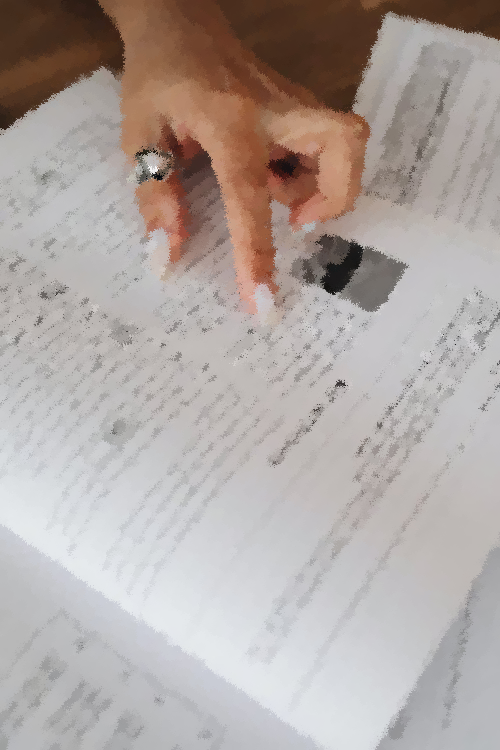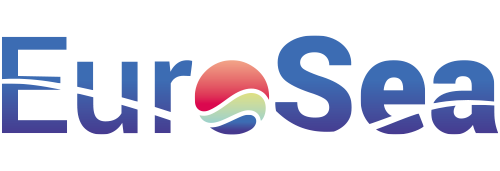
Description
Ocean Best Practices play a pivotal role in harmonizing methodologies, tools, and techniques across various marine projects. These practices ensure that marine research and projects are conducted with optimum efficiency, reliability, and consistency. An increase in new and endorsed BP suggests a commitment to enhancing standards and methods in marine research.
Impact During the Project
Harmonization and Standardization:
Traditional State: Previous projects may have employed a variety of methods without a standardized approach, potentially leading to inconsistencies or inefficiencies.
Advancement: The adoption and development of new Best Practices ensure that methodologies are standardized across various facets of the project. This enhances the quality of research and results, making them more comparable and consistent.
GOOS (Global Ocean Observing System) Endorsement:
Traditional State: Before the inclusion of these best practices, certain methods might not have been recognized or endorsed by global standards such as GOOS.
Advancement: Achieving GOOS endorsement signifies that these practices meet or exceed global standards, bolstering the project’s credibility and reliability.
Impact Post Project
Elevated Research Quality:
Traditional State: In the absence of standardized practices, research outputs might have varied in quality and consistency.
Advancement: With the integration of best practices, especially those endorsed by GOOS, the quality of research outputs is enhanced. This makes results more reliable and widely accepted in the marine science community.
Widespread Adoption:
Traditional State: Without a centralized repository like OBPS, best practices might have been confined to individual projects, limiting their broader application.
Advancement: By submitting these best practices to OBPS and monitoring their downloads, these methodologies become accessible to a wider audience, promoting their adoption in other marine projects and initiatives.
Advancement over and above State of the Art
The concerted effort to introduce, track, and promote Ocean Best Practices marks a significant advancement in marine research standards. Not only does this bring about uniformity in methodologies, but it also elevates the quality and reliability of research outputs. The endorsement from global entities like GOOS further accentuates the credibility of these practices. By making these best practices available on platforms like OBPS, the project ensures that these methodologies can benefit a wider range of stakeholders, fostering a culture of standardized excellence in marine research.
Links and References
Link to D1.3 – Report of OBBPS community meeting: https://eurosea.eu/download/eurosea_d1-3_report_of_obps_community-_meeting_resubmitted/?wpdmdl=5502&refresh=650197c3b68091694603203
